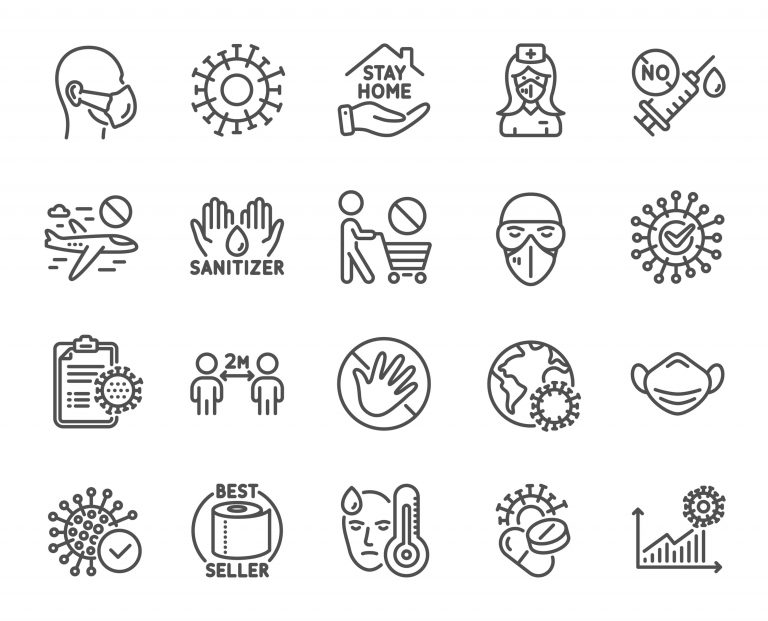COVID-19: Monsoon Preparation During COVID-19
As the monsoons arrive, they bring along some amount of natural beauty, charm, and solitude. However, with the human race already struggling against COVID-19, monsoons can also be a little difficult to deal with. We may face another challenge of vector-borne diseases during this time. The diseases that spring up during the monsoons are mainly, dengue, malaria, cholera, typhoid and gastroenteritis.
The government authorities and the health care facilities are taking decisions to increase the bed capacity at public and private hospitals in order to absorb patients with vector-borne diseases and other cases not related to COVID-19. However, during the trivial state of health affairs around the country due to COVID-19, we must also take the necessary extra precautions to protect ourselves from diseases.
We have listed below a few steps that can help you combat the monsoon without worrying about your health and safety.
- Prevention Against Infections During COVID
The monsoons cause the humidity levels to rise which are the most prolific environment for germs spread and infections including COVID. The most common illnesses include respiratory disorders, influenza, dry cough, cold, flu, viral infections, conjunctivitis, digestive problems, ulcers, low fever, and fatigue. Keep a check for any of the symptoms and get medical assistance in case you feel uneasy. Always keep the required medications available in the medicine box and check the expiry dates frequently. It is best to keep stock of immunity-boosting supplements like vitamin C etc. to protect yourself from seasonal infections. Also, follow the hand hygiene protocol and strictly avoid going out unless absolutely necessary in order to avoid getting infected.
- Eat hygienic and healthy
It is very important to pay attention to what you consume during the monsoons, especially during COVID. Ensure that the food is washed and cooked well and avoid eating raw vegetables. You should also refrain from eating outside. We recommend consuming a well-balanced and nutritious diet. Try to drink boiled or purified water at regular intervals, even if you don’t feel thirsty. Water gets contaminated very easily during the rains, so if you are travelling, always drink bottled mineral water.
- Incorporate sanitization
As we all are aware, cleanliness and sanitization is a protocol followed during the Covid-19 pandemic. The same needs to be continued in the monsoons. Ensure that you have a bath daily with hot water. Wash your feet thoroughly after coming from outdoors. Clean your hands frequently with soap or an alcohol-based sanitizer. Keep a stock of liquid hand washes, bath soaps and sanitizers. Carry a hand sanitizer with you when you go outside.
- Avoid damp surroundings
Moisture accumulation is very natural and common during monsoon. But damp surroundings can cause fungus that increases the chances of developing infections and respiratory disorders. People with chronic breathing issues must ensure that they stay in ventilated place with proper air circulation and reduced moisture content. If required, install an air purifier for cleaner air. Damaged pipes and drains, old household stuff in balconies may lead to water collected over time that allows for the breeding of mosquitoes and spreading of diseases like dengue and malaria. So keep a check on such areas and avoid the stagnant water accumulation.
The double whammy of disasters and rise in vector-borne disease during monsoon is likely to put extra pressure on India’s public health infrastructure that is already burdened with the COVID-19 pandemic. If timely plans are not devised before monsoon rains, our fight against COVID-19 may take a severe blow.


